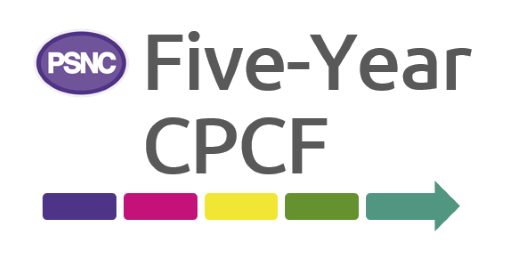PSNC to seek overhaul of pricing concessions system
PSNC is escalating its concerns about the process for setting price concessions to senior Government officials responsible for medicines supply, warning that the system is not working in the current environment from a community pharmacy contractor perspective.
When a new Government takes over next week, this will be one of several urgent topics being raised by PSNC to new Ministers, alongside the fuel price crisis, inflationary pressures and winter pressures on pharmacy businesses.
The final update to August price concessions was announced yesterday taking the total concessions granted to a record 138 for August. Of those, 99 were in line with PSNC requests, but prices for 39 lines were imposed by the Department of Health and Social Care (DHSC): those impositions do not match the purchase prices reported by contractors and the evidence of market prices which we passed on to DHSC. In particular, the final imposed prices of Apriprazole and Temazepam tablets has generated a lot of concern amongst contractors due to the large variation between their reimbursement prices and purchase prices during the month of August.
We are continuing to challenge these concessions and to seek further clarity from DHSC about what evidence they have based their prices on.
We understand DHSC objectives and that setting inflated concessionary prices would encourage gaming in the market at the taxpayers’ expense: this must be avoided.
But we are clear that contractors cannot subsidise the NHS medicines bill and that it is untenable for there to be such a difference between concession and market prices for particular medicines. The concessions system is no longer coping with the current price volatility in the market.
As we await the appointment of a new Prime Minister and expected reshuffle, we will be escalating the situation within DHSC once again, seeking improvements in the concessions system. We are demanding that the system is:
- more responsive to changes in the market;
- agreed more quickly to provide contractors with certainty of reimbursement; and
- uses high-quality data that reflects the reality presented by contractors on the ground.
We would like to thank all the contractors who have taken the time to get in touch and share their experiences and price data with us. The evidence that you share is all being shared with DHSC to try to get movement on some of the imposed concession prices.
PSNC Chief Executive Janet Morrison said:
“Last month saw more price concessions granted, and more imposed at prices below what PSNC had requested, than we have ever seen before: this is a grim milestone, and one which is causing chaos and very great worry for pharmacies across the country. All PSNC Committee Members are extremely frustrated by this.
We will be escalating the situation within DHSC, and we will pick this up again as part of our wider dialogue on unsustainable pressures on pharmacy when new Ministers are in place. The current system is simply not coping with the realities of a global medicines market suffering shock after shock as it operates within a growing economic crisis, but we need urgently to find ways to ensure that pharmacies are not dispensing at a loss.
Pharmacies offer a critical health service and they must be funded fairly for the time and effort that goes into the vital job they do of making sure patients can access medicines in a timely manner. We need to see improvements in the concessions system, and to be assured about the quality of data being used by DHSC which doesn’t appear to match the reality for contractors on the ground.”
Further information and support
The issues with price concessions are part of a wider set of sustained pressures on medicines supply. Contractors may wish to read our recent medicines supply update, including practical tips for pharmacy teams.
You can find out more about PSNC’s work in this area by attending our upcoming price concessions webinar with PSNC’s Director of Pharmacy Funding, Mike Dent, and Drug Tariff and Reimbursement Manager, Suraj Shah, on Wednesday 7th September at 7.30pm.
FAQ: Why are medicines reimbursement prices not keeping up with market prices?
Reimbursement prices have not kept pace with market prices for several months due to several reasons:
- Limited stock of some medicines is driving up demand and consequently driving up prices: some of the current instability in the supply chain is due to supply disruptions affecting availability of several medicines.
- The macroeconomic effects of Covid/Brexit/Ukraine war and rising inflationary pressures, manufacturing, utilities and distribution costs are all leading to increased drug prices.
- The Drug Tariff has remained suppressed for a prolonged period to manage margin over-delivery.
- Tariff prices are set quarterly using lagged data – therefore any immediate price shocks will not be accounted for in the reimbursement prices. Price concessions are intended to manage this, but the system is not coping in the current environment. In August, we have reached the highest level of concessions this month.
FAQ: Will things stabilise soon?
This depends on a number of factors:
- Movement of the Tariff prices – the next Tariff quarterly update will be in October 2022.
- External market conditions – supply chain, rising costs and inflation.








